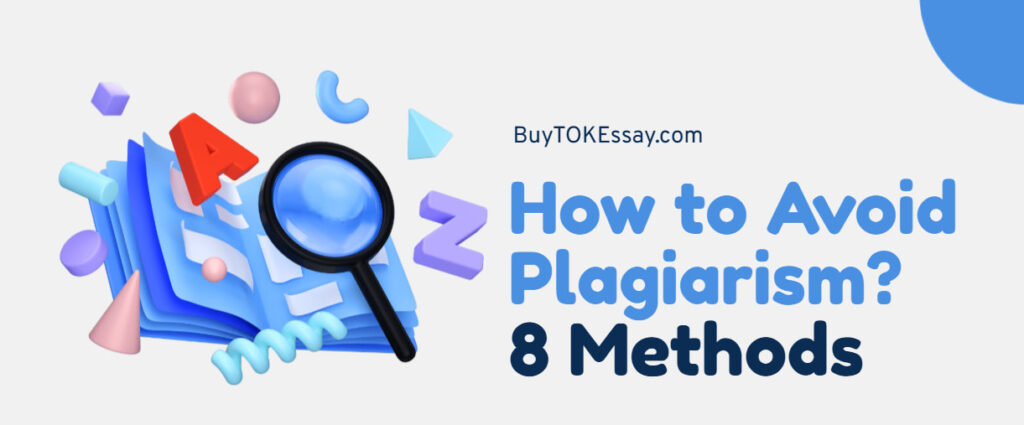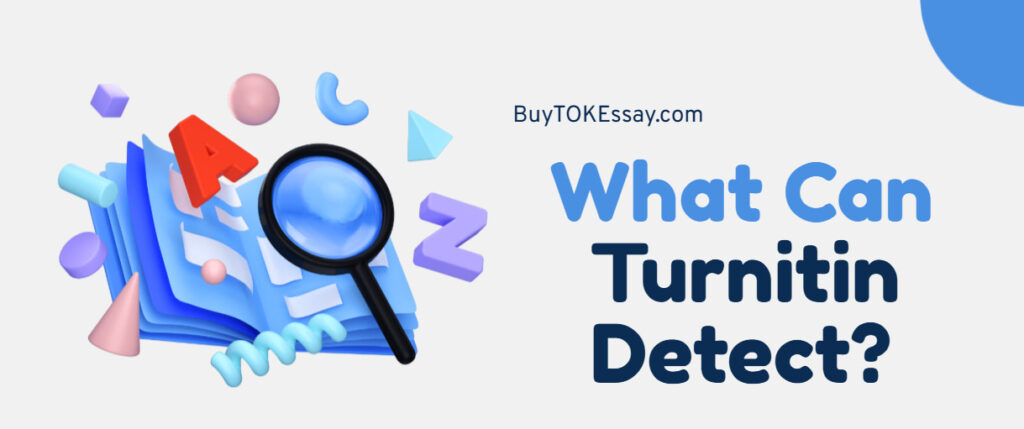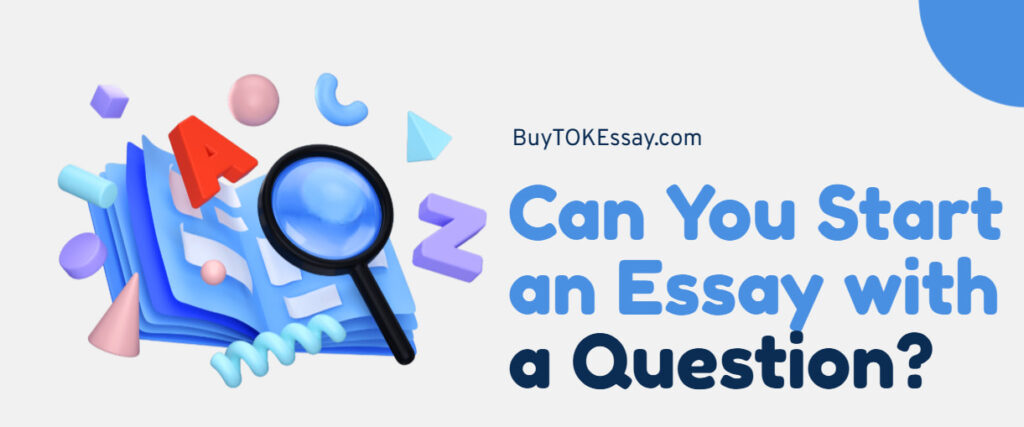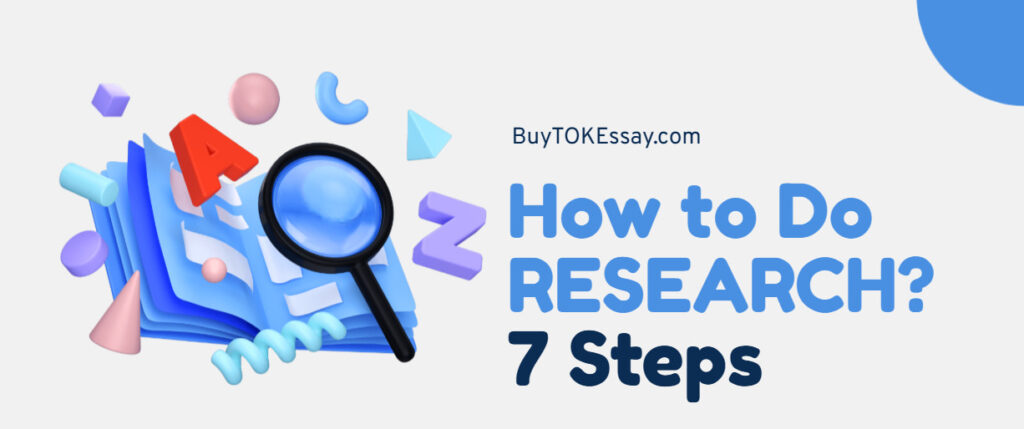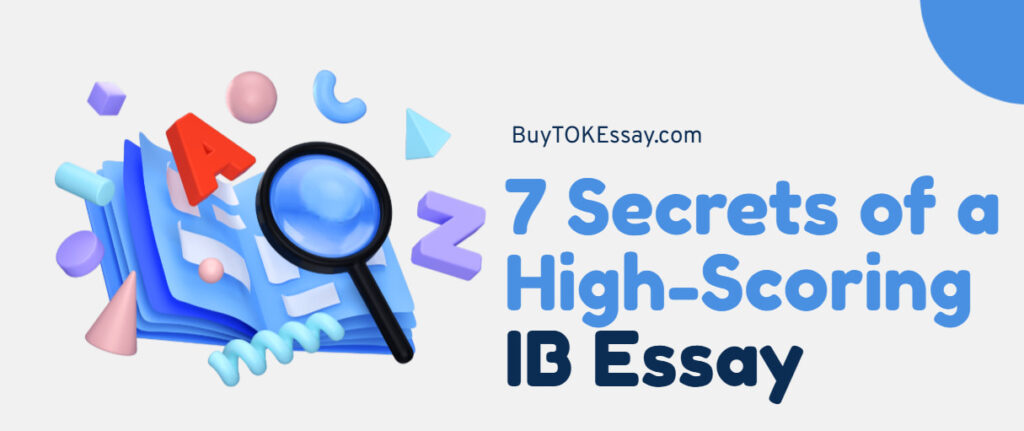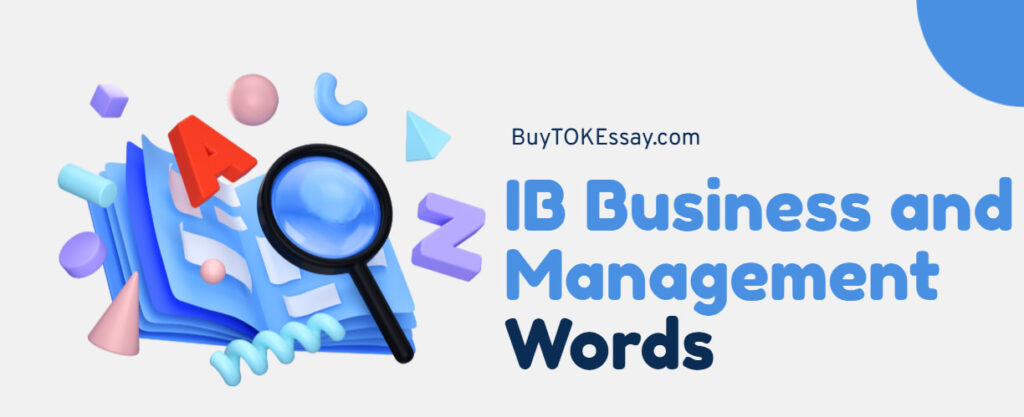Students who are picking their IB Diploma subjects often look at the English choices and ask, “What is the difference between English A and English B?” You’re not the only one. This is one of the most often and shockingly misinterpreted questions that students ask, in my experience as an IB tutor.
Let’s make it clear. If you want to make wise choices that fit your skills and goals, you need to know all about IB English A vs. English B. This is true whether you are building your subject plan or are just interested.
What Is the Purpose of IB English A?
In general, the IB says that this subject is best for students who know English as their first language or very close to it. That is, if you’ve spent most of your school years learning English, this is probably the right track for you.
Literature, critical analysis, and interpretation receive a lot of attention in this subject. You will learn how to look at how writers use style, organization, and language to convey more than what they say. You’ll be reading and thinking about texts at a level that’s often similar to what first-year college students do. For example, you’ll be expected to figure out the political undertones of a dystopian book and the meanings of metaphors in post-colonial poems.
Instead of working on your grammar or basic language, you will be writing thorough comments, comparative essays, and giving public talks about literary works. And you won’t always know those texts. You will work with writing, theater, poetry, and works from different countries and styles. You will often be studying translated works or authors from outside the Western canon.
One of the best things about this course, in my view, is that it looks at things on a worldwide and comparative level.
HL vs. SL in English A Course
Let’s talk about the levels now. The main goals of Higher Level (HL) and Standard Level (SL) are the same, but HL goes one step further. While SL students study 9, HL students usually read 13 literary works. It’s not just the amount that makes a difference; it’s also how deeply you have to study these works.
The Individual Oral and Paper 1 (a directed literary analysis) are major assessments at both levels. HL students also have to do Paper 2, which is a comparison essay between two full-length works. And believe me, you can’t make it up on the spot. You need to plan it out carefully, know how to use literary devices, and be able to compare different points of view, characters, and situations.
HL students also have to write the HL essay, which is an academic paper of 1,200 to 1,500 words on any topic they have chosen to work on over time. From what I’ve seen, this task gives you a chance to really get into a question or text, which helps you improve your research and writing skills.
So, HL English A could be the challenge you’re looking for if you love reading, like to look at texts closely, and don’t mind writing quickly. However, SL still offers a lot of academic difficulty and is a great choice for any student who is trying to balance other demanding subjects.
Who Should Take English A?
It’s possible that you’d do well in English A if:
- If you’re fluent in English, you know how to analyze books, plays, and poems in depth.
- You want to apply to college to study law, journalism, education, the arts, or a similar subject.
- You like to debate about ideas, read between the lines, and write about literature in an organized, academic way.
- You’re motivated by classroom discussions, essays, and projects that stretch your analytical thinking.
In other words, English A is for students who are confident in their academic English and want to use it to work with challenging books.
From what I’ve seen, students who do well in this subject are usually independent, curious minds who like to dig into literature. That sounds like someone who might achieve the highest grade in English A. In fact, it might be their best subject.

What Is the IB English B Course?
Now, let’s discuss English B. This course is developed primarily for students studying English as a second language. That does not suggest that it is “easy” or less important than English A. Instead, it focuses on other skills and goals. While English A requires you to conduct an in-depth literary study, IB English B helps students become confident, competent speakers in both academic and real-world settings.
The main point of English B is to improve your speaking skills and make it easier for you to use the language in real life. You’ll learn how to express your thoughts in written and spoken English clearly. In fact, a lot of students like English B because it helps them with both their speaking skills and their schoolwork without giving them too much literary theory.
Even though reading and writing remain prevalent, the focus is on practical conversation rather than breaking down complicated literary symbols. You could write an article, a speech, or an official email instead of an extended essay on Shakespeare. These are all skills you’ll use in college and the workplace.
HL vs. SL in English B
There are HL and SL options for English B, just like there are for English A. The only difference is the level of difficulty. HL students read longer, more complex works and are expected to study one literary work, typically a book or a collection of short stories. SL students, on the other hand, do not have to do this. This addition at HL gives students a chance to read English literature without making it their main focus.
In addition to the literary part, HL requires longer writing answers, better language skills, and a better grasp of different cultures and perspectives around the world. From what I’ve seen, HL English B can be very hard because students need to show that they can communicate clearly in everyday situations and write clearly for school. If you’re not a native English speaker, it’s still easier to understand than English A because the focus is still on using the language rather than deep literary study.
Who Should Take English B?
Students who fit these criteria should excel in this subject:
- You speak English as a second language and want to get better at it and feel more confident.
- Feel more at ease speaking practical, everyday English than sophisticated literary analysis.
- Make plans to concentrate on business, economics, STEM subjects, or other fields where mastery of English is crucial but not the main academic obstacle.
- Instead of rigorous essay-based analysis, choose tests that evaluate practical writing, cultural awareness, and communication abilities.
Simply put, English B is ideal for students who want to improve their English skills while also balancing their work with other difficult IB subjects. From what I’ve seen, students who choose English B usually like how useful it is, how engaging the lessons are, and how it can be used in real life. If you see English more as a way to get around the world than as a subject for deep literary study, this is a good choice.
A Comparison of English A vs. English B Course
You’re probably wondering, “OK, I understand the basic idea, but what are the actual differences between IB English A and English B?” at this point. Let’s examine the aspects that students value most when deciding between these two subjects.
| Feature | English A | English B |
| Target Audience | Native or near-native English speakers | Second-language English learners |
| Focus | Literary analysis and interpretation | Practical communication and fluency |
| Assessment Style | Essays, literary commentary, and oral exam | Functional writing (emails, articles, interviews) |
| HL Reading Load | High—includes 13 works at HL | Moderate—includes one literary work at HL |
| Suitable for a University | Ideal for Arts, Literature, Law, Humanities | Strong for STEM, Business, and technical programs |
It’s a side-by-side analysis that helps you see the structure and academic differences between the two better. You should know your academic skills, goals, and language background before deciding between English A and English B, though.
English A will seem more fulfilling, for instance, if you were raised reading and writing in English and like closely examining and discussing the meaning of a poem or book. It challenges you to write eloquently and analyze critically, two abilities that are crucial for arts and social science programs at the university level.
However, English B offers you flexibility if English is not your first language and you want to develop strong communication skills without getting bogged down in literary theory. The tasks will be more centered on practical applications, such as media writing, speeches, letters, and reports.

Need Help with Your IB Extended Essay?
Whether starting from scratch or fine-tuning your existing assignment to meet your supervisor’s demands, the BuyTOKEssay.com team is here to make your dream of a perfect paper a reality. Just buy an extended essay from our IB experts and say goodbye to writer’s block!
Final Thoughts
To put it simply, English B is more communication-focused, while English A is more academic and literature-based. Both are useful. At the same time, you should make a choice based on where you are and where you want to go.
Seeking help is completely OK if you’re still uncertain. I typically advise students to visit BuyTOKEssay.com. Here, you can learn more about how their English course choice may affect their writing expectations, in addition to getting help with any IB projects.
FAQ
Yes, in most cases, especially HL English A. The expectations for literary analysis and writing depth are much higher.
Usually not. The IB doesn’t allow both unless you’re pursuing a bilingual diploma with different language combinations.
Often, yes—especially if you take HL and perform well. But it depends on your field of study and the institution.
